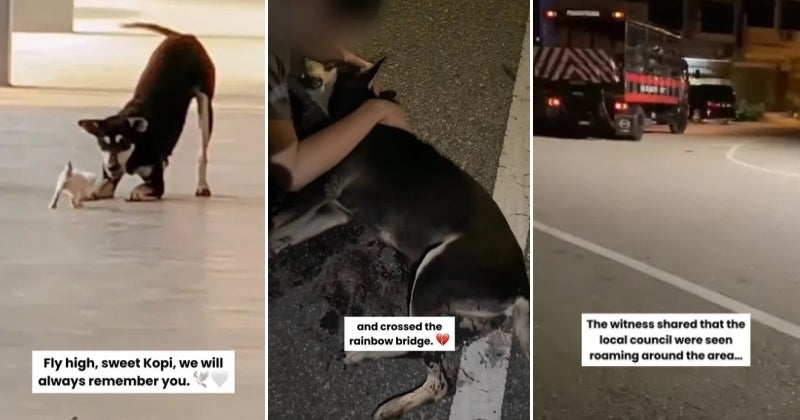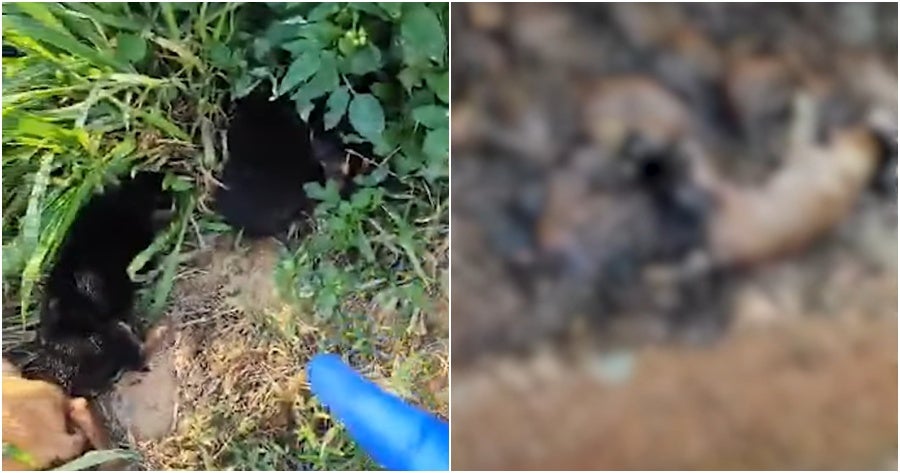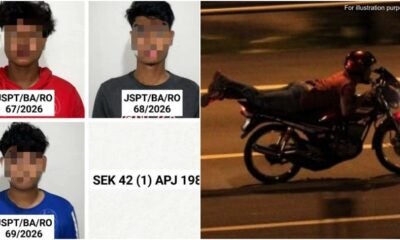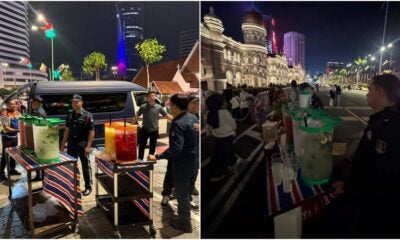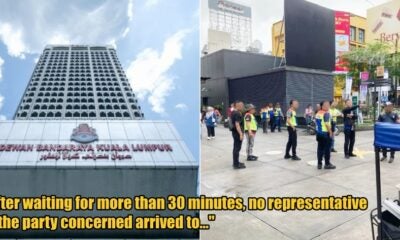The killing of a stray dog, affectionately known as ‘Kopi’, in Besut, Terengganu, sparked outrage nationwide last month as the local council, the Besut District Council (MDB), shot it using a firearm, which many animal rights activists branded as inhuman.
Despite the backlash received, including a civil suit by a coalition of animal rights groups, MDB stood firm, with its president Mohd Sukeri Ibrahim refuting the allegations thrown against the council, saying that its enforcement officers adhered to established standard operating procedures (SOPs) in the killing of ‘Kopi’.
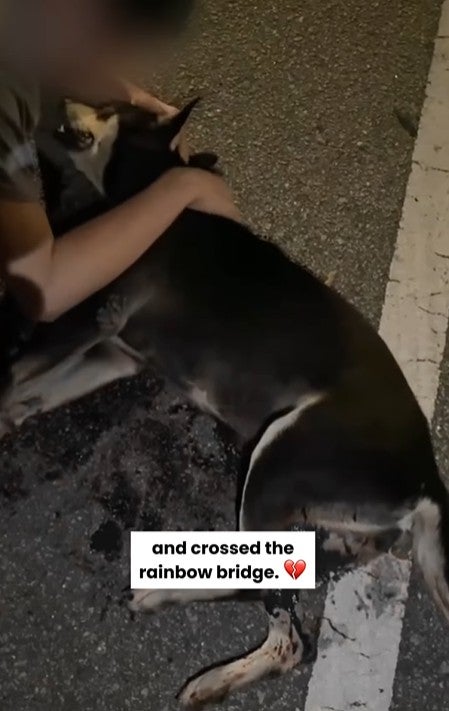
Some one month later, we’re still in the dark about whether proper SOPs were followed in the killing of ‘Kopi’, but the incident did put a spotlight on existing laws regarding the killing of animals, which unfortunately allows for local authorities, such as MDB to use firearms to shoot stray dogs for animal control.
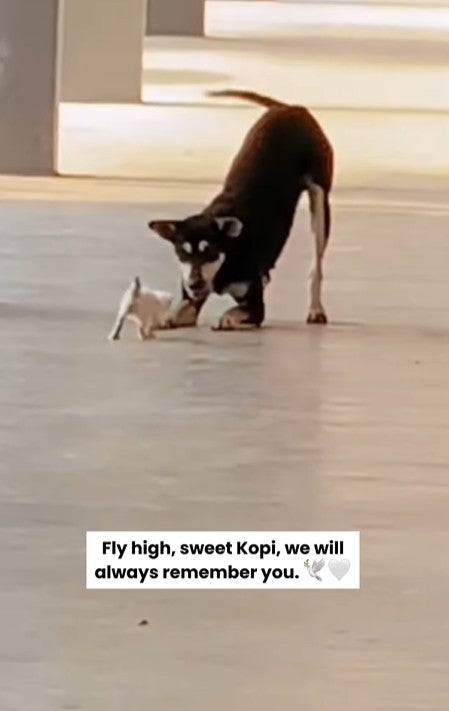
Here’s everything you should know:
The Animal Welfare Act 2015
Speaking to WORLD OF BUZZ, Nur Diyanah Adilah, a Legal Associate at Kuala Lumpur-based law firm ADIL Legal, shared that the most relevant legislation on the killing of stray dogs in Malaysia is the Animal Welfare Act 2015.
Specifically, Section 30(1) of the Act below established that it is prohibited for any person to kill by way of shooting with firearms any dog unless it’s authorised by the veterinary authority during emergencies or for disease control.

Diyanah added that those who commit an offence under this provision may face a fine between RM20,000 and RM100,000 or imprisonment of up to 3 years or both if convicted, which is prescribed under Section 30(4) of the Act.

However, subsection 2 below provides a list of exceptions in which the killing of dogs using firearms is allowed.

In the case of MDB’s killing of ‘Kopi’, subsections 2(d) and 2(e) are the most relevant, with the former saying that the killing of any dog by way of shooting with firearms is allowed if the killing is done to prevent an imminent danger to the life or limb of a human being, while the latter said that it is allowed for animal population control by any authorised authority under any written law.
Diyanah said that subsection 2(d) might be relevant as MDB claimed that the stray dogs in the area, including ‘Kopi’, had turned aggressive and harassed pedestrians. Hence, it could be argued that an imminent danger to the life or limb of a human being had occurred.
The Dog Licensing By-Laws (Besut District Council) 1990
As for subsection 2(e), Diyanah revealed that a by-law introduced 34 years ago by the Terengganu State Government under the Local Government Act 1976 essentially allows MDB to kill stray dogs such as ‘Kopi’ by way of shooting using firearms.
The by-law in question is the Dog Licensing By-Laws (Besut District Council) 1990, in which Section 9(2) of the by-law below prescribes that any licensed or unlicensed dog whose owner can’t be found can be killed or otherwise disposed of as instructed by the council president or an authorised officer.
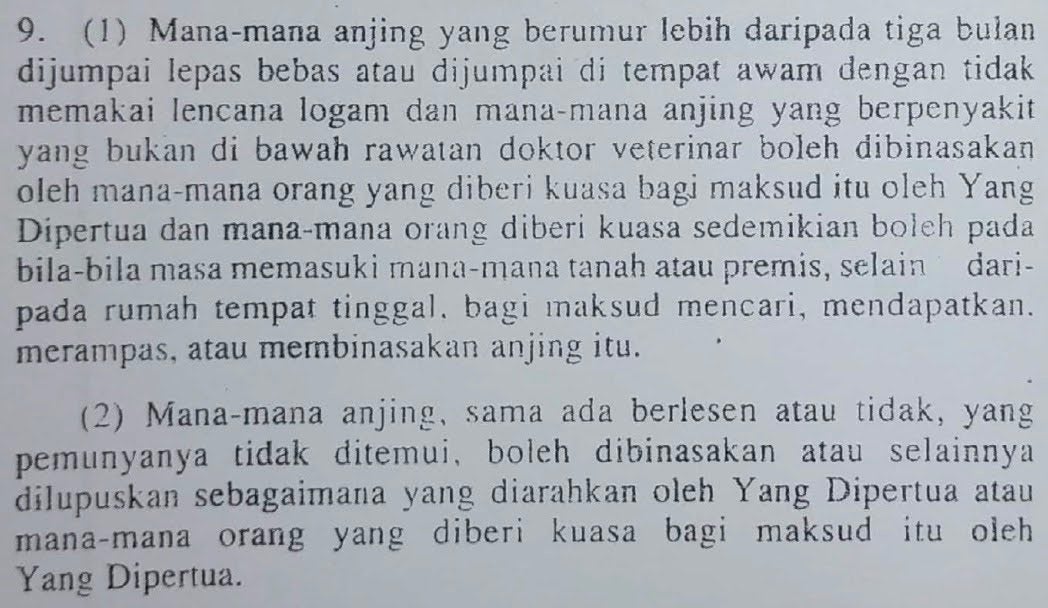
Circling back to Section 30(2)(e) of the Animal Welfare Act 2015, the Dog Licensing By-Laws (Besut District Council) 1990 is the written law allowing for the killing using firearms for animal population control by any authorised authority, which in this case, is MDB.
The problem with the aforementioned law and by-law
With all of that established, there are several issues regarding the aforementioned legal provisions.
Firstly, while Section 30(2)(e) of the Animal Welfare Act 2015 allows for firearms to be used to kill dogs for population control, there is no provision in the Dog Licensing By-Laws (Besut District Council) 1990 which mentions that MDB can use firearms to cull or dispose of a stray dog.
Moreover, the Dog Licensing By-Laws (Besut District Council) 1990 doesn’t prescribe any SOPs for culling stray dogs. Instead, the SOPs for local councils to handle stray dogs were set by the Ministry of Housing and Local Government (KPKT) back in 2014 and can be accessed here.
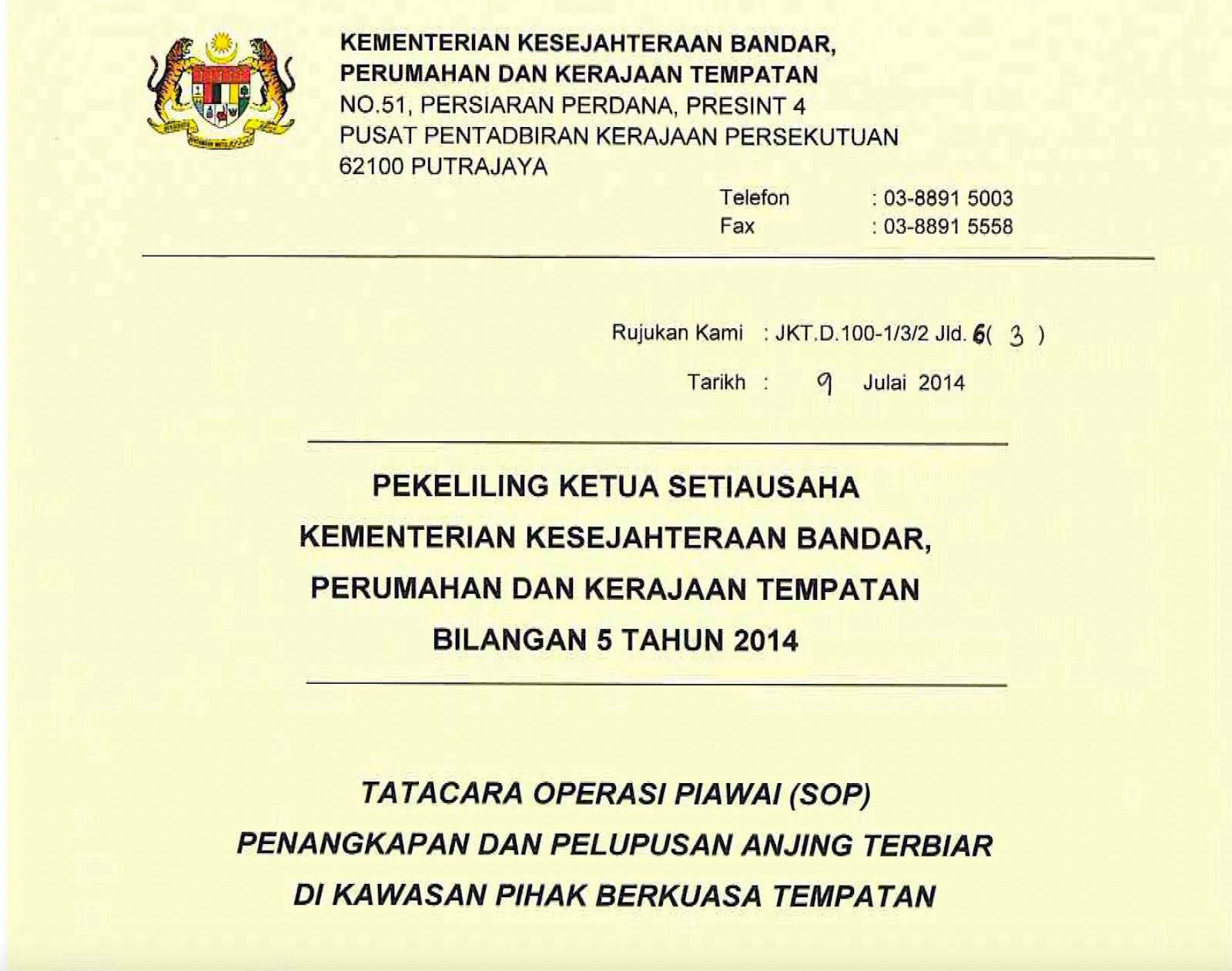
In the SOPs, local councils must catch stray dogs using proper techniques and afterwards, keep them in pounds that adhere to certain specifications. The disposal of these stray dogs can only be done after a set period of time and if no claim against them was made.
KPKT’s SOPs also established that the stray dogs will only be euthanised via injection by a veterinarian officer or an authorised, trained officer at the local council.
More importantly, KPKT doesn’t have SOPs that involve killing stray dogs by shooting using firearms.
Hence, you can see that the laws, by-laws and SOPs are not consistent with each other. For now, let’s hope that with the spotlight on the killing of ‘Kopi’, the relevant authorities will have the political will to improve the relevant laws and regulations so that such a controversy will not happen again.
In the meantime, do share your thoughts about the whole situation in the comments!
Also read: M’sians Call For Action Following Discovery of Pit Full of Dead Stray Dogs & Puppies in Perak

